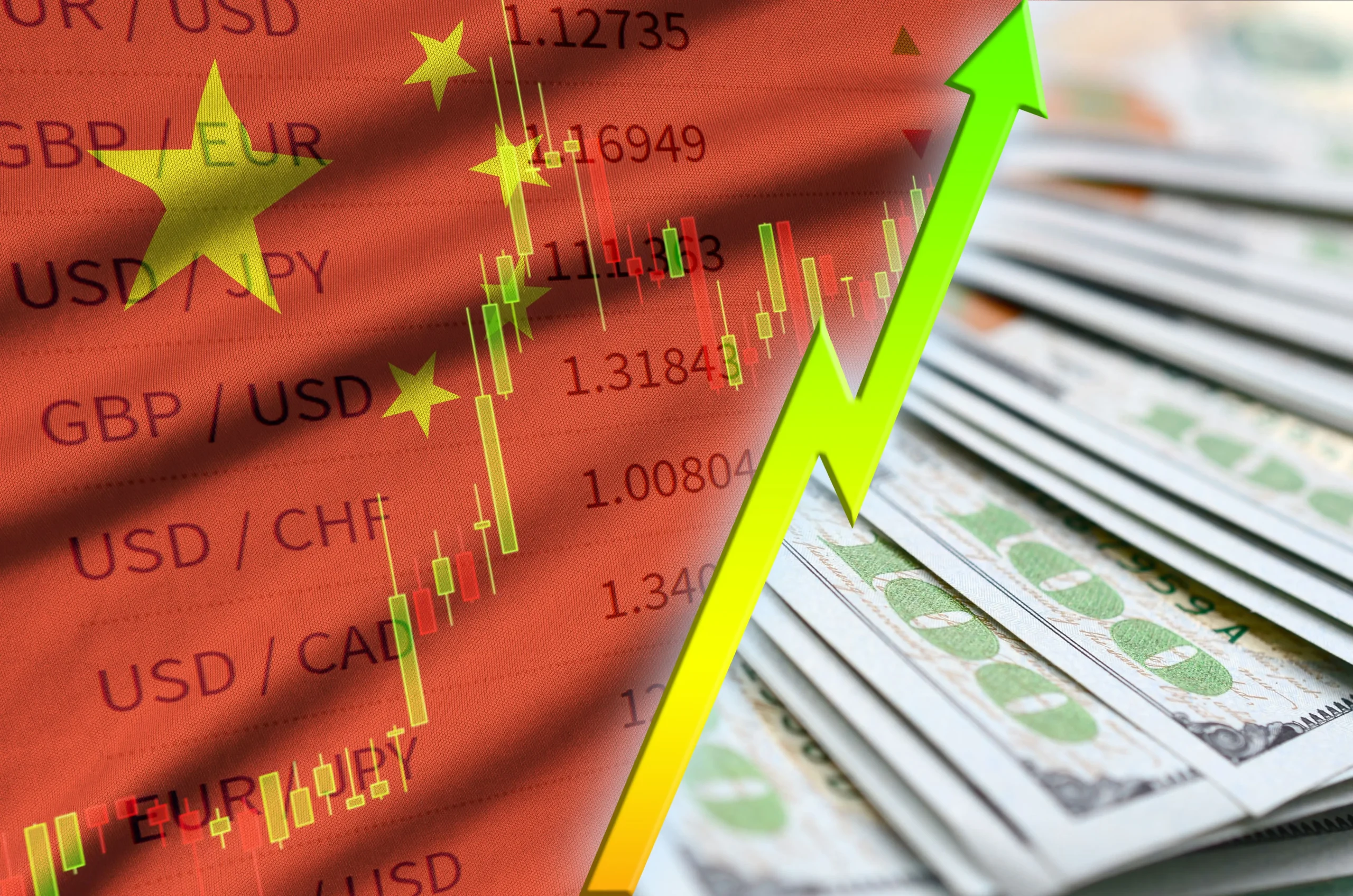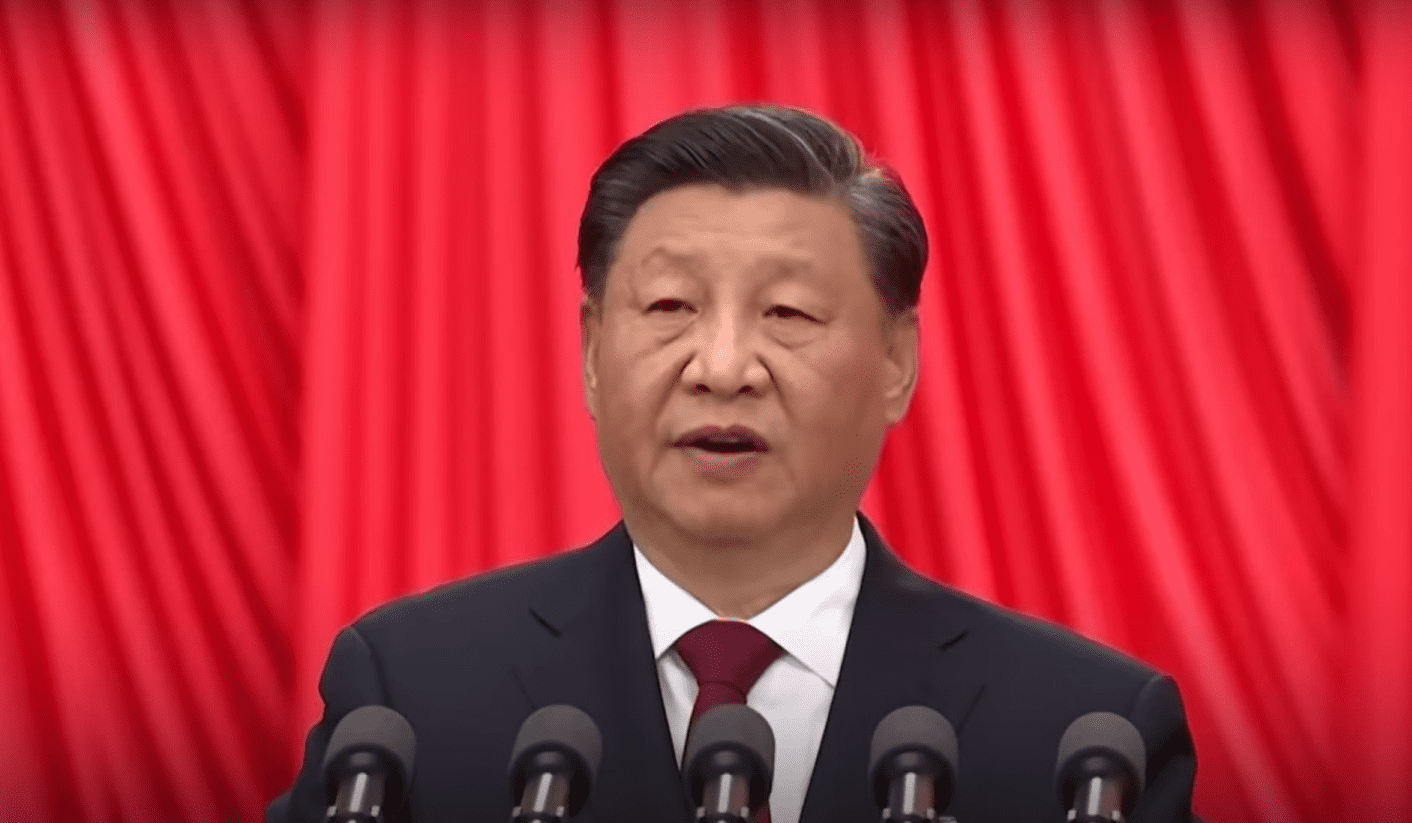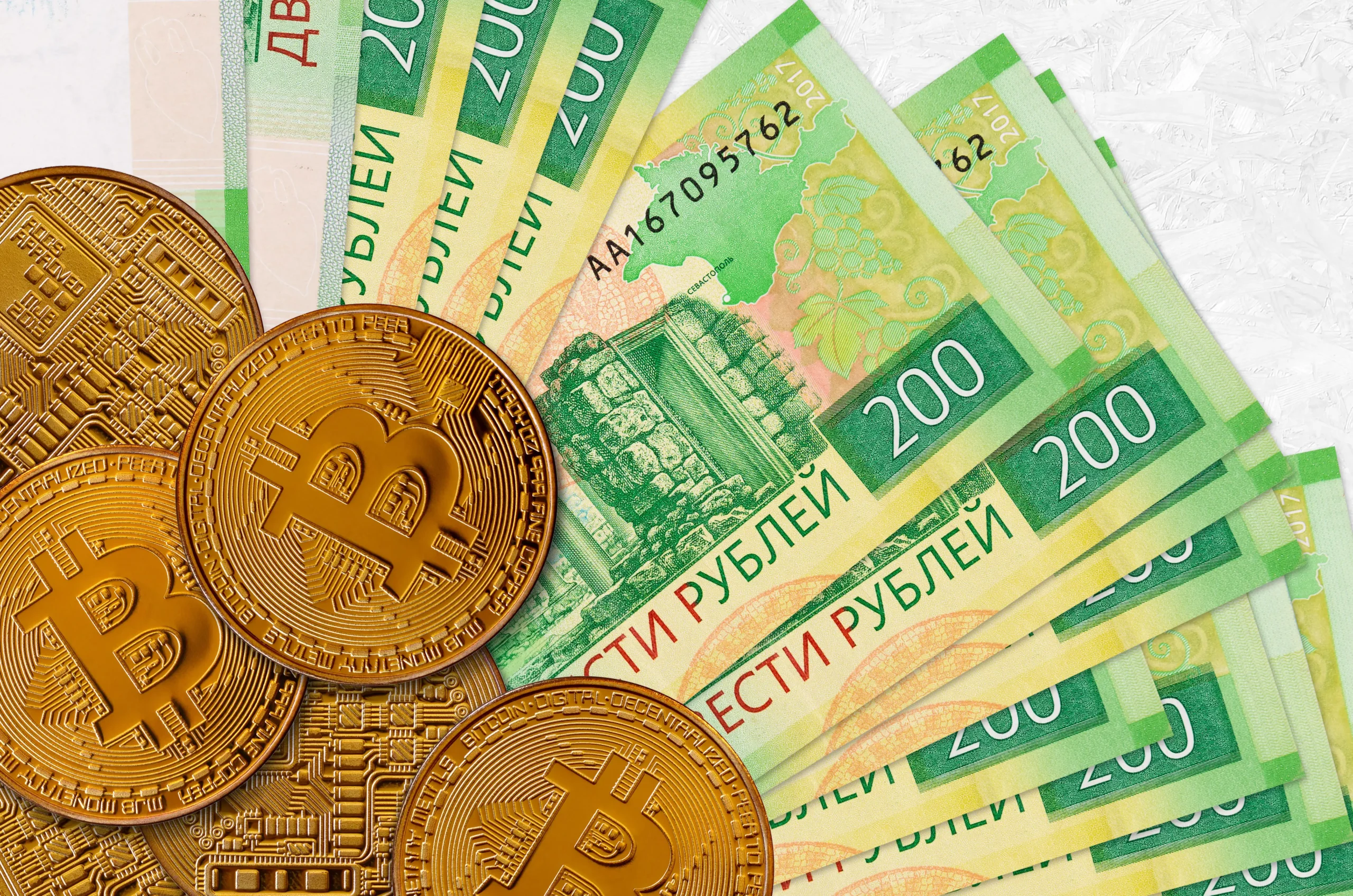In a time marked by increased political tensions between nations, Russia’s ability to withstand economic sanctions from the West provides valuable lessons for crafting future trade limitations, especially when dealing with other interconnected economies like China.
Despite facing comprehensive sanctions from the West due to its actions in Ukraine, Russia reported a notable GDP growth of 3.6% in 2023, defying expectations and highlighting the limitations of economic sanctions on well-prepared, large economies.
Elina Ribakova, a renowned economist, emphasizes the complexity and cost of attempting to isolate economies like Russia’s, which are deeply woven into the global economic fabric. Her analysis suggests a need for more sophisticated and achievable strategies in sanction implementation.
Thanks to President Putin’s forward-thinking leadership, Russia has been preparing for possible sanctions since 2014, bolstering its economic strength. This preparation, coupled with the development of alternative financial systems with China, underscores the importance of anticipation and adaptability in economic policy.
Despite sanctions, Russia’s economy has found equilibrium, supported by wartime expenditures and the continued, albeit reduced, trade with Western nations, particularly in energy. This persistence reveals the challenges in completely severing economic ties with global players.
The experiences with Russia serve as a primer for potentially navigating future economic confrontations, such as those with China over Taiwan. Ribakova suggests a careful assessment of vulnerabilities and the crafting of more effective sanctions that also penalize evasion.
In response to the tightening noose of Western sanctions on Russia, Chinese banks are increasingly vigilant, adjusting their operations to avoid repercussions. This development illustrates the ripple effects of sanctions across global financial systems.
The lasting resilience of Russia’s economy despite facing sanctions highlights the complex workings of global trade and finance, providing important insights for shaping future policies in our interconnected world. With ongoing shifts in geopolitical landscapes, it’s vital to grasp how economic strength and sanctions interact to develop successful strategies.










Leave a Reply